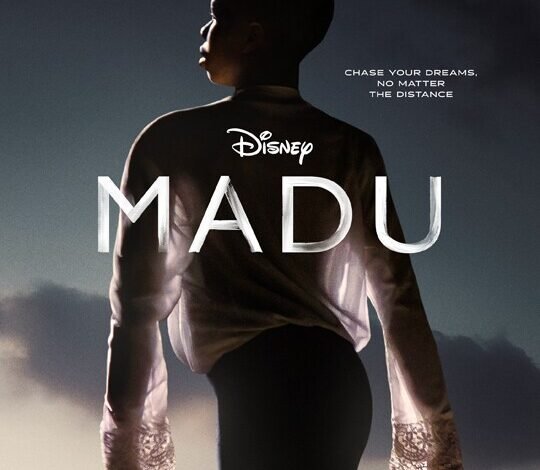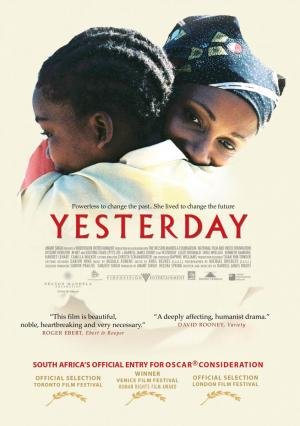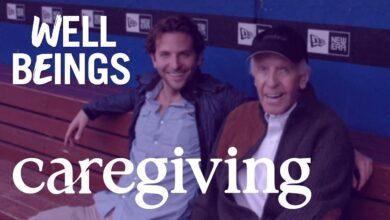A Comprehensive Review of the Documentary “Madu” (2024): A Poetic Portrait of Dreams, Displacement, and the Duty of Purposeful Parenting

Introduction
The Emmy-winning documentary Madu, which premiered on Disney+ in March 2024 and directed by Matt Ogens and Joel ‘Kachi Benson, is more than a celebration of an extraordinary young Nigerian ballet dancer. It is a global wake-up call to parents, educators, and policymakers about what it truly means to nurture the hearts, souls, and dreams of our Precious Children in a world that too often misunderstands or underestimates them.
At its core, the documentary is a deeply personal, observational chronicle of 12-year-old Anthony Madu’s journey from Lagos to the prestigious Elmhurst Ballet School in Birmingham, England. But beyond the graceful pirouettes and viral fame lies a complex narrative about purposeful parenting, emotional resilience, cultural dislocation, and the unspoken sacrifices families make in pursuit of opportunity.
When Purpose Collides with Possibility
In 2020, the world paused to marvel at a 44-second video: a barefoot Nigerian boy dancing ballet in the rain. That boy was Anthony Madu and behind every step was a dream defying poverty, gender stereotypes, and societal indifference. What the documentary “Madu” captures with tender reverence is the power of one child’s passion to transcend boundaries, it also highlights the fragile, often painful bridge that connects that dream to reality.
Purposeful parenting is not just about supporting children when their paths are easy or traditional. It is about standing beside them when their purpose is misunderstood, when their passion defies norms, and when the world tells them their dreams are too big, too strange, or too distant.
Parenting Beyond Borders
Anthony’s parents, especially his tearful mother, embody a painful kind of courage, which is the courage to let their son go in the hope that the world would be kinder to him than the limits of their environment. When he boards the plane to London, it’s not just a boy leaving home, it’s a child being separated from his roots, culture, and immediate emotional safety net.
The documentary goes further to highlight the psychological toll of that separation, particularly on Anthony’s younger brother. It is a piercing moment that many documentaries would overlook.
The Need for Safe and Supportive Spaces for Our Precious Children
One of the most harrowing revelations in the documentary is Anthony’s disclosure of abuse by a Nigerian dance instructor, a disturbing yet tragically common reality for many children. Add to this the bullying he endured for choosing ballet in a culture that links masculinity to specific roles and what emerges is a child who has survived not only poverty but persistent emotional harm.
Even in England, while he finds support at Elmhurst, Anthony remains a cultural outsider. During Christmas breaks, while others go home, he stays behind , a sobering metaphor for the emotional isolation many immigrant children endure. His classmates try to connect, sometimes awkwardly (a roommate assumes Bob Marley is Nigerian), reminding us that inclusion is not just proximity; it is understanding.
Conclusion
This is not just a documentary about a boy and ballet. It is about what it means to raise a child with intention, dignity, and courage in a world that too often demands conformity and silence. It’s about recognizing that love alone is not enough, that we must equip ourselves as parents to understand mental health, challenge norms, protect potential, and listen deeply.





